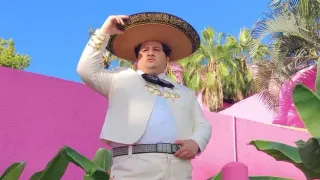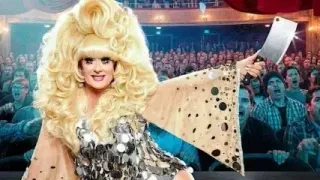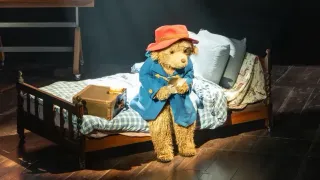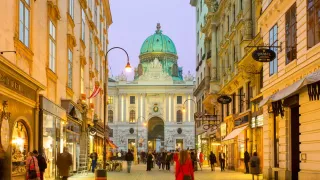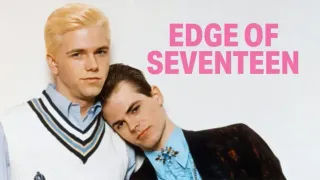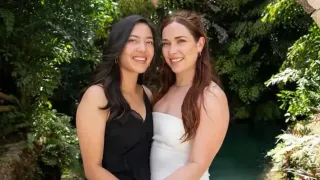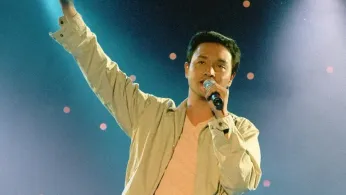
10 hours ago
Leslie Cheung: The Queer Icon Who Dared to Live Out Loud in Cantopop’s Golden Age
READ TIME: 3 MIN.
Picture this: It’s the late ’70s in Hong Kong, disco balls are spinning, and a fresh-faced singer named Leslie Cheung just stole the spotlight as runner-up in a televised singing contest, crooning “American Pie” with a shy, electric charm that hints at the pop revolution to come . From these humble beginnings, Cheung—nicknamed “Gor Gor” (Big Brother) by adoring fans—rocketed to superstardom, not only as the dazzling face of Cantopop but as a pioneering queer icon who lived his life, and love, in full color.
Cheung’s rise wasn’t just meteoric; it was seismic. By the mid-1980s, tracks like “Monica” were blasting from every corner shop, and his genre-bending performances—think: sharp moves, gender-fluid style, and a voice that could break and mend hearts—made him a household name . He didn’t just become a star; he redefined what stardom could mean for queer people in the public eye.
Cheung’s artistry was never just about the music. He was an actor who could shift from brooding gangster in John Woo’s “A Better Tomorrow” to the fragile, mesmerizing opera singer in “Farewell My Concubine”—a role that drew global acclaim and won the first-ever Golden Palm for a Chinese film at Cannes . In an era when queer representation was rare, his nuanced performances invited audiences into stories of love, longing, and identity that transcended borders.
But the true revolution was happening off-screen. In 1997, after starring as one half of a gay couple in Wong Kar-wai’s “Happy Together,” Cheung came out as bisexual in TIME Magazine, revealing that Daffy Tong Hok-Tak was his partner . Suddenly, the world saw what many suspected: the pop idol who’d given voice to heartbreak and passion was living—and loving—on his own terms.
As Cheung himself once reflected, “It’s not a big deal. I’m just being myself.”
Let’s be real: Coming out in 1990s Hong Kong wasn’t just bold—it was radical. Homosexuality was still a taboo subject, and queer lives were often erased or coded in pop culture . Yet Cheung didn’t retreat. Instead, he doubled down: his concerts became a masterclass in camp and authenticity, with flamboyant costumes and choreography that paid homage to queer sensibilities. His 1999 and 2000 tours packed arenas, his every move watched by fans hungry for more than just music—they wanted a piece of his courage.
His love story with Daffy Tong wasn’t a hidden footnote but a headline. In his obituary, Tong was listed as his “most beloved”—an act of public affirmation that, for many, felt like a beacon in a world that often kept queer love in the shadows .
Leslie Cheung’s life was brilliant and, heartbreakingly, cut short. Battling clinical depression, he died in 2003—a loss that sent shockwaves through Hong Kong and beyond, with over 10,000 people attending his memorial . But his influence remains undiminished. Ask any queer Asian pop fan about their first brush with representation, and chances are Cheung’s name will echo back—proof that visibility, especially when it’s vulnerable and unapologetic, changes lives.
Today, his music still pulses through clubs and karaoke bars, and his films are studied as classics. More than two decades later, Cheung’s legacy is proudly queer, a reminder that sometimes, living your truth in plain sight isn’t just brave—it’s revolutionary.
To quote the man whose voice still soars: “The wind continues to blow.” And for queer communities everywhere, so does Leslie Cheung’s defiant, dazzling spirit .
